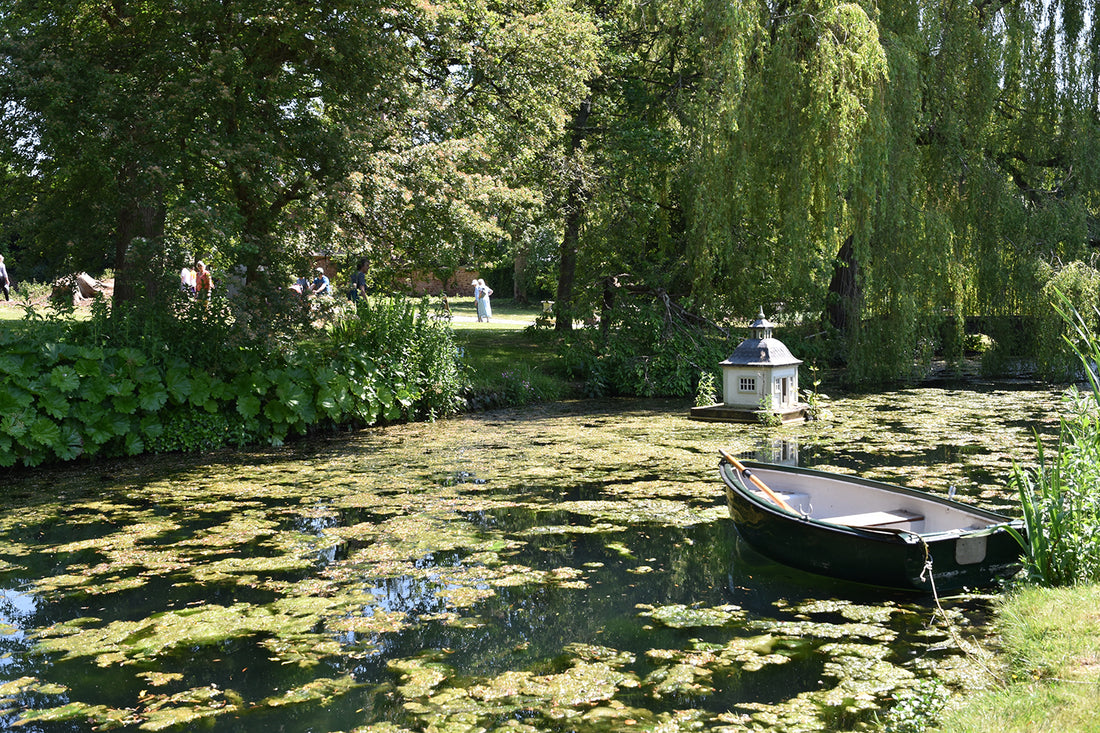🌟✨🤖 The initial conflict lies in the necessity for our minds to be programmed with instincts that ensure our survival. As we grow beyond infancy and become more aware of our surroundings, curiosity is ingrained in us. This innate curiosity compels us to explore beyond the safety of our immediate environment, enabling us to learn and grow. 🚀🌍🧠 However, this natural inclination to reach out and discover also presents challenges and frustrations, especially for children who encounter limitations and have things taken away from them. 😩💔 The desire to obtain or achieve something can override other important traits, such as patience, which develop later in life.
Thus, cultivating patience becomes essential in managing our insatiable drives. 🌱🙏 Acceptance also emerges as a valuable quality in shaping our character. However, these qualities are not innate; they are acquired through observation, direct teaching, and time. If we do not learn acceptance and patience, our adult lives can be marked by unrestrained desires, cravings, and a lack of control over our anxiety when faced with needs. 🤯😱 Consequently, we may pursue harmful or destructive actions, both for ourselves and others. 💥💣 The foundation for developing these crucial qualities lies in the consistent love and care provided by our primary caregivers, who are typically our parents. 👨👩👧👦💖
The values we hold and the qualities we aspire to are often shaped during our childhood. A safe and nurturing environment, devoid of unnecessary drama and trauma, is vital. 🏠🍼🌈 The question arises: Did the dysfunctional individual or the dysfunctional family come first? 🤔🐔🥚 This issue is not a binary one. There are instances when families were initially harmonious, only for an individual to disrupt that harmony, causing suffering and struggles for others and initiating a cycle of problems within the group. 😅😖
Conversely, dysfunctional families can perpetuate their traits, passing on character flaws to their children and immediate family members, which can extend to the broader society. 🧬👪🌍 The causative effect of individuals on their families and society as a whole is evident. In life, our goal should not solely revolve around achieving spiritual transcendence or contemplating divine purposes; rather, it should involve introspection and understanding our own minds. 🧘♀️🧠💭
Within our skulls lies an entire universe subject to intricate physics, shaped by millions of years of evolution and the experiences of our current lifetime. 🌌🦕🧬 We have limited time to seek the truth, develop our characters, and strive for personal happiness. ⏳🕰️🎉 This journey does not entail simply changing external circumstances or accumulating possessions and achievements. Self-help is a gradual process that often remains unclear, even for the first two decades of our lives. 😂🤷♀️ Even those who experienced a wonderful childhood can face deep thoughts, struggles, and suffering, as life encompasses numerous challenging aspects. 🤔😢 A stoic attitude toward everything would impede progress and improvements. 🚫🧊 Empathy for the struggles of our children and their journey to make their lives fulfilling necessitates a balance between stoicism and acknowledging difficulties. ⚖️💪
Stoicism has its place in personal meditation and cultivating gratitude, as it aids in relaxation and reducing anxiety. 🧘♂️🌈💆♀️ However, when we emerge from meditation and engage with the world, stoicism should be a background influence. Accomplishing tasks and goals may require significant effort, but it does not mean we work against the grain or create unnecessary friction and resistance. 🙅♂️🚧🛑
To illustrate, during a project involving building a retail store in New York, I experienced tension and obsession in creating the perfect design. 😫📐🏢 Nonetheless, I was grateful for the opportunity and enjoyed the process immensely. 🙏💖 Whenever I faced a problem, I maintained perspective, reminding myself of the abundance in my life and my ability to overcome challenges. 💪🏆 This discipline and awareness transferred to other areas of my life. Whether it was caring for a child or enduring the cold while parking far from home, I learned to embrace the present moment, appreciating life's experiences without judgment. 🥰💫 It is not always easy, but it is a wild and exciting ride! 🎢🎉
